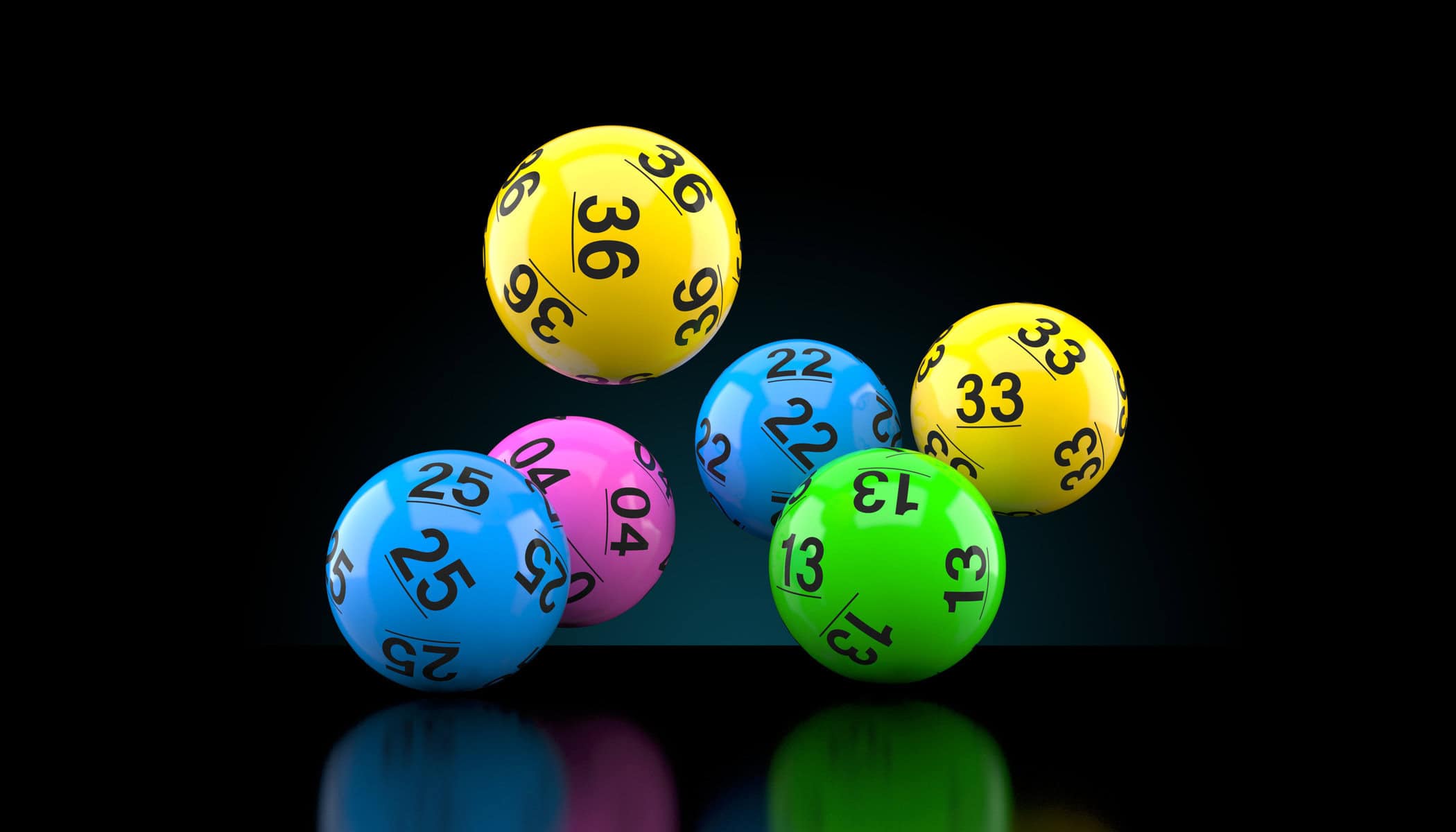Lottery draws have captivated the imaginations of millions around the world, offering the tantalizing possibility of life-changing winnings. From local state lotteries to international jackpots, these games of chance are steeped in tradition, excitement, and the allure of fortune live cambodia. This article delves into the mechanics of lottery draws, their historical significance, and the societal impacts they have on communities and individuals.
The Mechanics of Lottery Draws
At its core, a lottery draw is a random selection of numbers or symbols from a larger set, with players hoping to match their selected numbers to those drawn. There are various formats, including:
- Traditional Number Lotteries: Players select a specific set of numbers from a larger pool, often ranging from 1 to 50. The draw typically occurs at a scheduled time, and players win by matching their numbers with those drawn.
- Scratch-Off Tickets: These instant-win games offer immediate gratification. Players scratch off a coating to reveal symbols or numbers, and if they match specific criteria, they win cash prizes.
- Keno: A game similar to bingo, where players choose numbers from a predetermined range. A draw reveals winning numbers, and players earn prizes based on how many numbers they match.
- Online Lotteries: With the rise of digital platforms, many lotteries now operate online, allowing players to purchase tickets and check results from the comfort of their homes.
The Historical Context
The concept of lotteries dates back thousands of years, with records of such games found in ancient civilizations, including the Chinese Han Dynasty and Roman Empire. The first recorded lottery in the modern sense occurred in the 15th century in Europe, where towns held draws to raise funds for public projects.
Lotteries gained popularity in the United States in the 18th century as a means to finance infrastructure, education, and social services. However, they also faced scrutiny due to concerns about gambling addiction and fairness. Despite these challenges, lotteries evolved into a significant source of revenue for many states, funding education, health care, and community development.
The Allure of Winning
The dream of winning a lottery is powerful, often leading people to invest small amounts in hopes of a larger payout. The odds of winning can be astronomically low, especially in large jackpots, yet the excitement of the draw is what keeps players engaged. Advertisements, media coverage, and the buzz surrounding massive jackpots create a social phenomenon where even those who do not typically play feel compelled to buy a ticket.
Many lottery winners have stories that capture the public’s imagination, from everyday people to those who have faced adversity. The narratives of sudden wealth can inspire hope and dreams of a better life, even if they remain out of reach for most.
Social Impact and Responsibility
While lottery draws can bring excitement and potential financial relief, they also raise ethical and social concerns. Critics argue that lotteries disproportionately affect lower-income individuals, who may spend a larger percentage of their income on tickets in pursuit of hope for a better future. As such, responsible gaming initiatives are vital to ensuring that players are aware of the risks and play within their means.
Moreover, many states and organizations that run lotteries have begun implementing measures to address these concerns. This includes funding programs to promote responsible gambling, support for addiction treatment, and efforts to ensure that lottery revenue benefits the communities that contribute to it.
